CU Denver-Made Film Exploring Racism in America to Air on PBS
Awadagin Pratt: Black in America will premiere on Rocky Mountain PBS on February 9, 2023 at 7:30pm. The film is scheduled to air on 41 stations across the country.
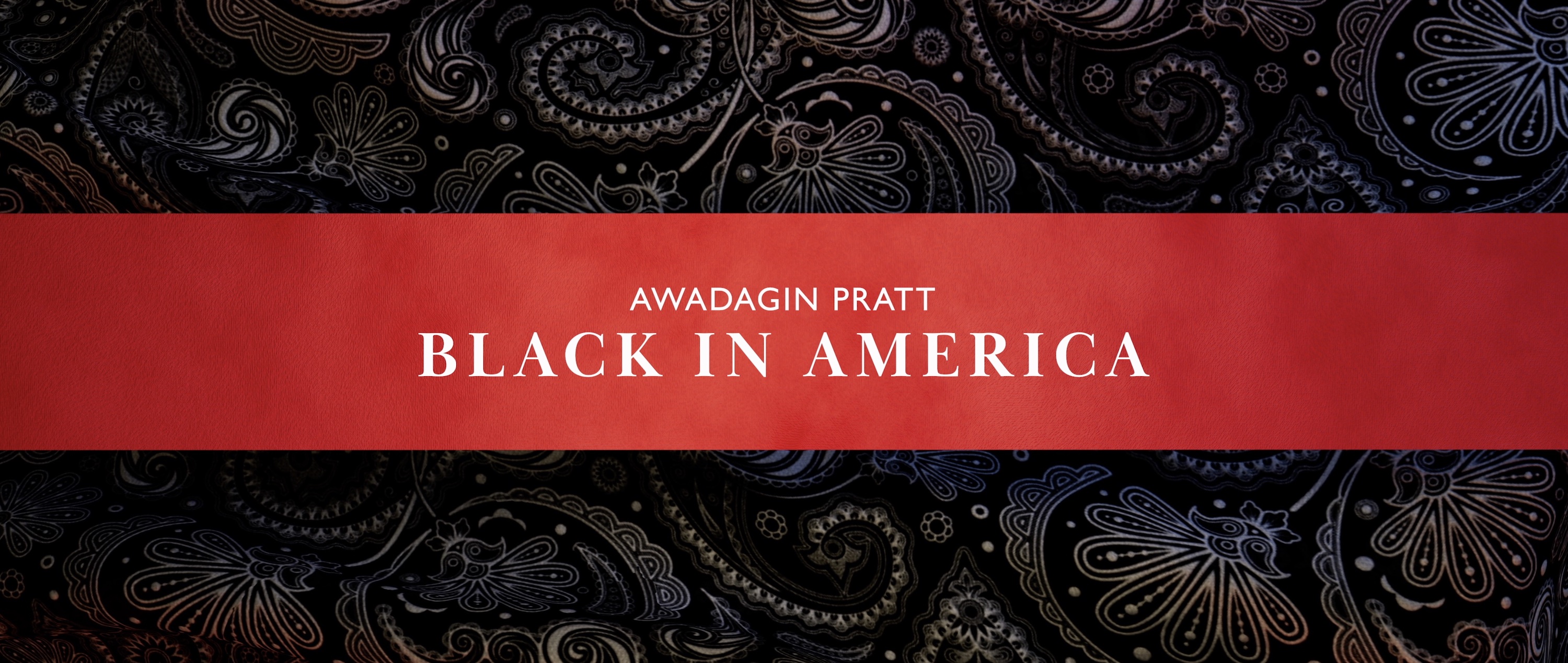
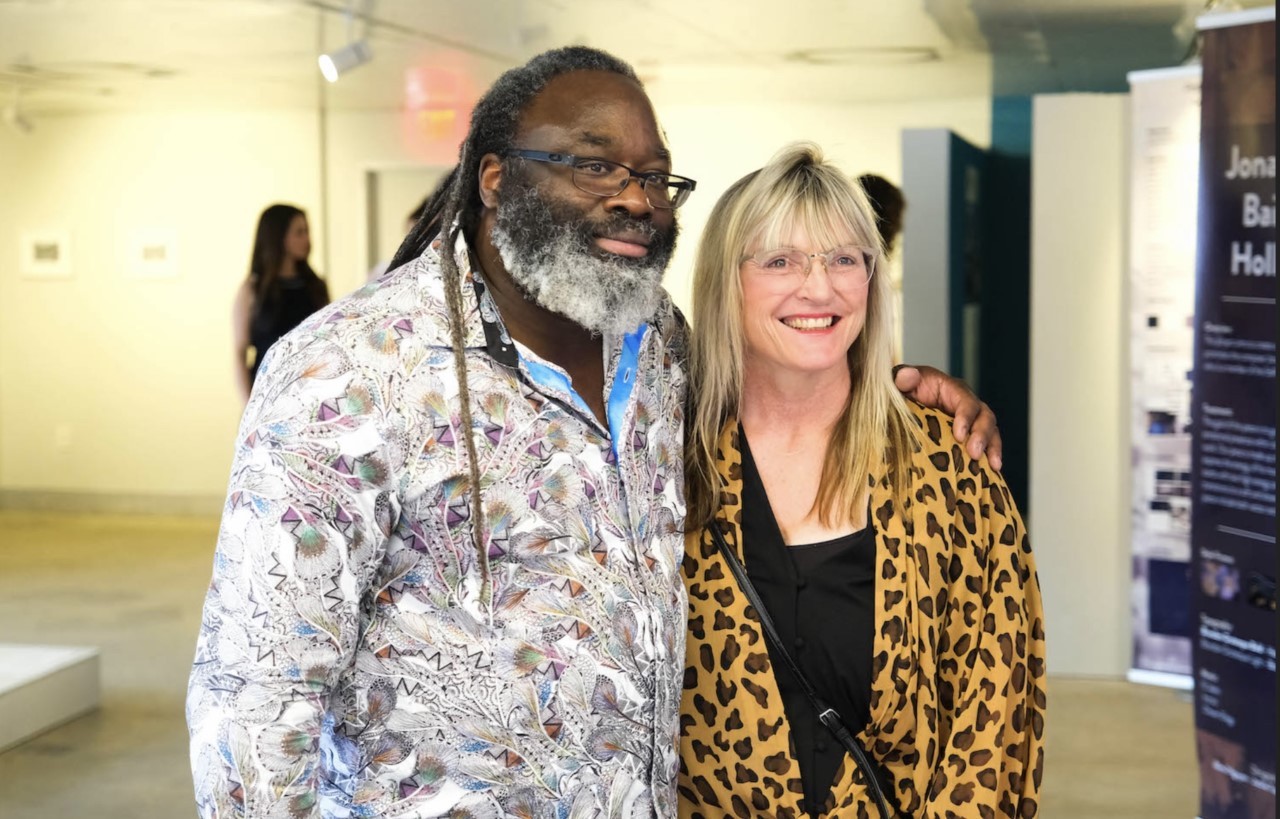
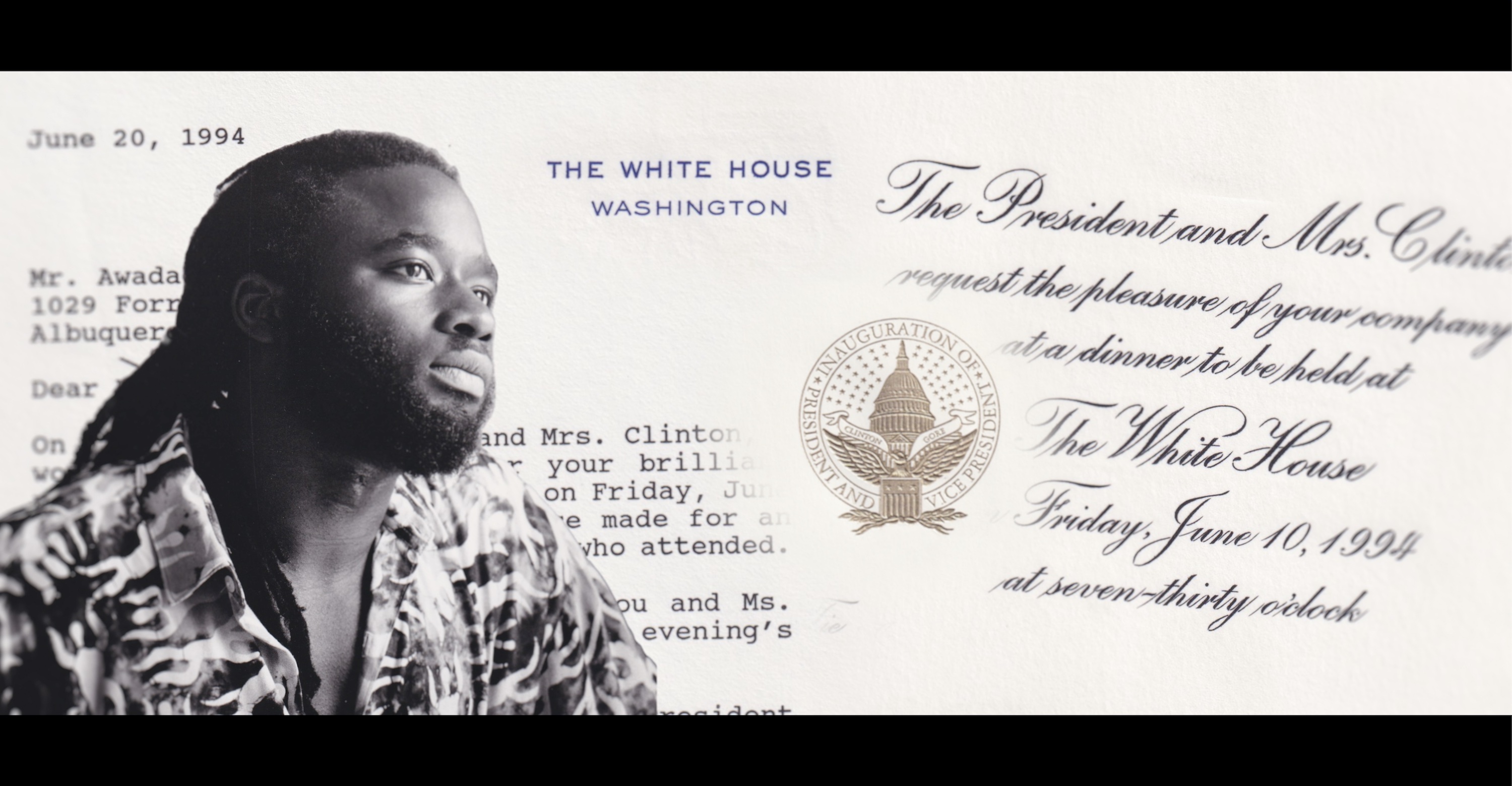
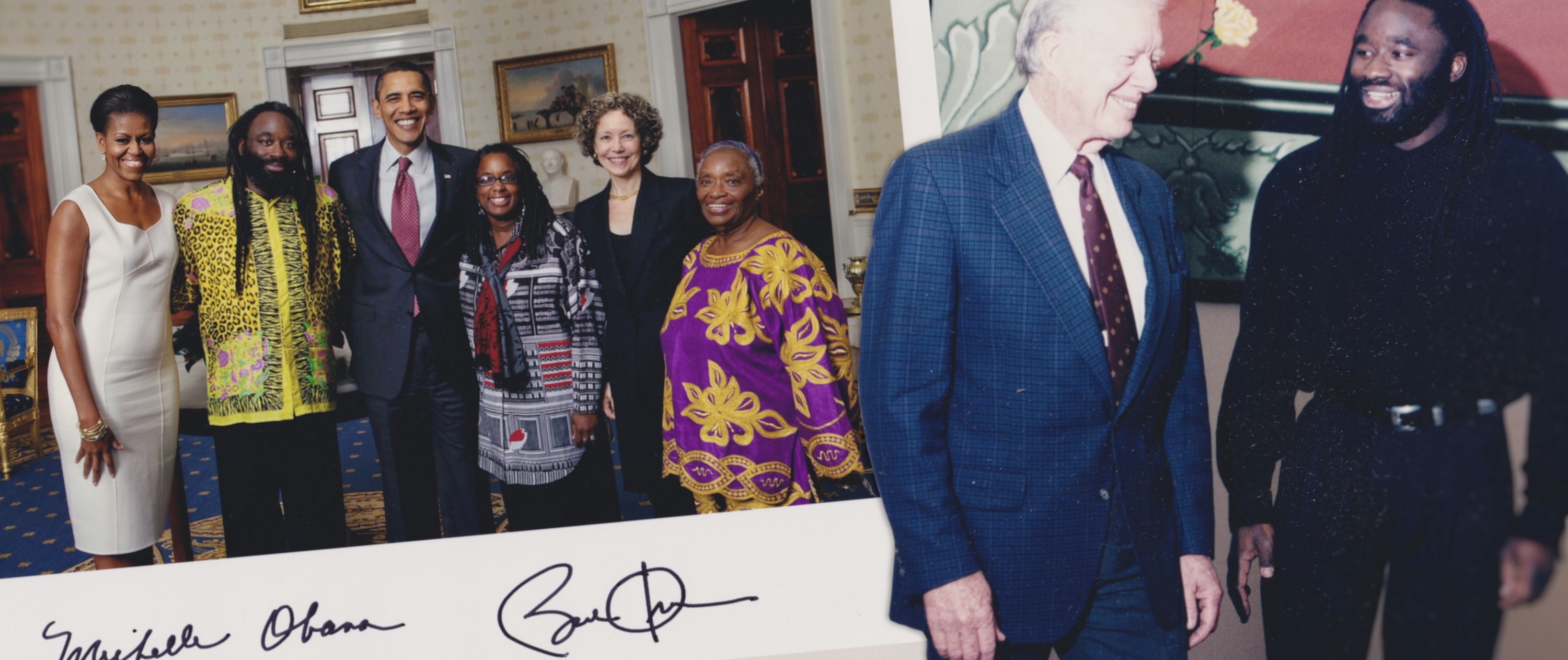
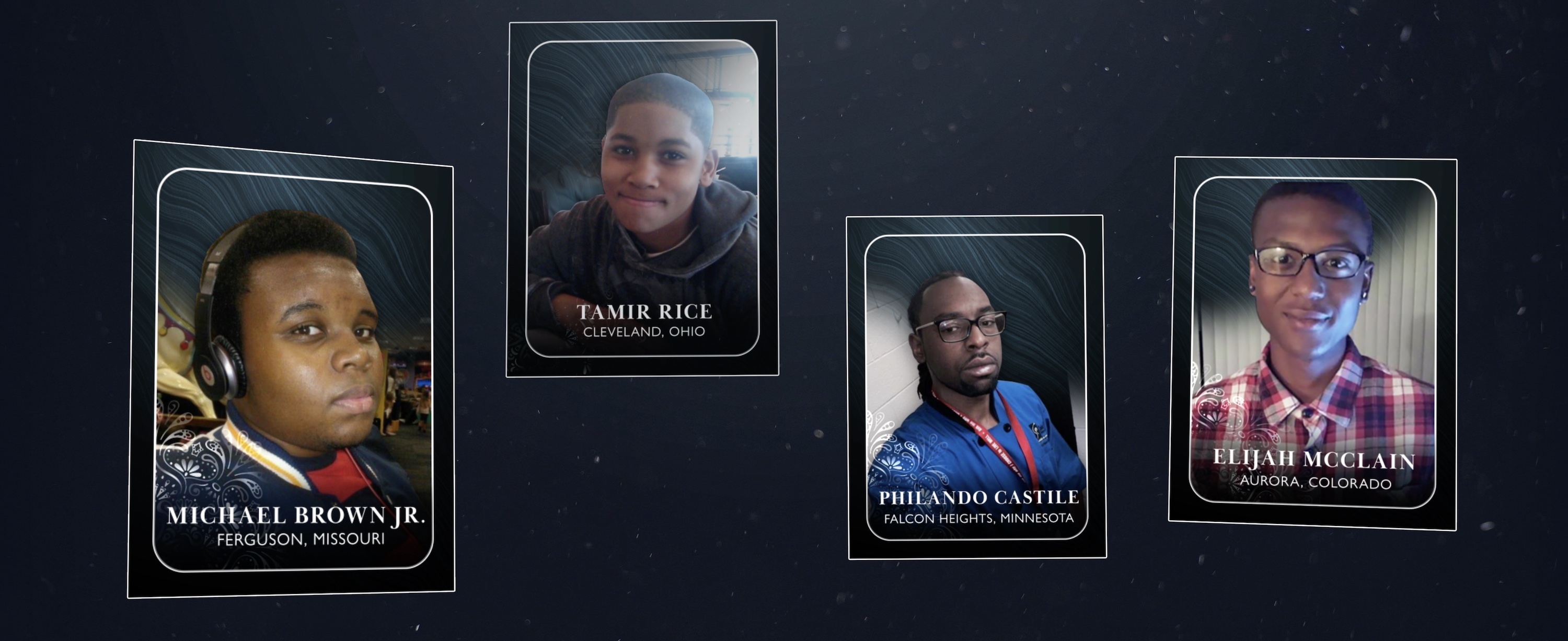
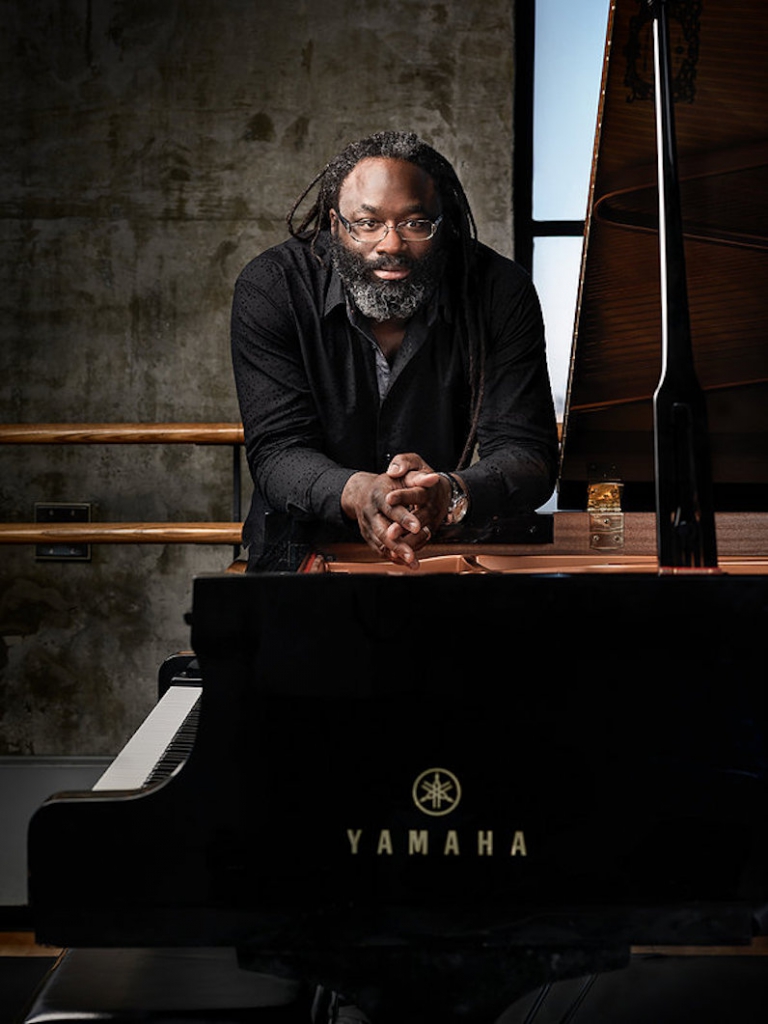
A film project involving faculty, administration, students, and alumni from the University of Colorado Denver’s College of Arts & Media (CAM) is scheduled to premiere on PBS stations across the U.S. in February. Awadagin Pratt: Black in America tells the story of a world-renowned concert pianist who, despite his incredible resume and fame in the musical world, endures the same discrimination every Black person in America faces.
“The premise of the film is that you are never too famous to escape racism and racial profiling,” says filmmaker Michelle Bauer Carpenter. Carpenter teaches digital design and is the Chair of CAM’s Visual Arts department. She met Awadagin Pratt when he came to CU Denver in 2021.
Among the most celebrated artists of his generation, Pratt has performed at venues with addresses as recognizable as 1600 Pennsylvania Avenue and Sesame Street. Pratt studied piano, violin, and conducting at the Peabody Conservatory of Music, where he became the first student in the school’s history to receive diplomas in three performance areas. He is also the first African American pianist to win an international piano competition. Pratt currently serves as professor of piano at the University of Cincinnati College-Conservatory of Music. In July 2023, Pratt will be joining the San Francisco Conservatory of Music as professor of piano.
Pratt’s visit to Denver was arranged by Mark Rabideau, the Associate Dean for Academic and Faculty Affairs at CAM. Rabideau also serves as the President of the College Music Society and is the producer of Pratt’s forthcoming album STILLPOINT. Pratt and Rabideau met while studying at the University of Illinois Urbana-Champaign in the 1980s.
Talking About the Black Experience
In October 2021, Pratt performed his original work, “Awadagin Pratt: Black in America”, at the King Center on the Auraria Campus in Denver. The performance, which is carried by graphic accounts of being stopped by police for driving while Black (DWB), is a multimedia presentation featuring Pratt’s piano performance, still and moving images created by filmmaker Alrick Brown, and an intimate narrative written and delivered by Pratt. This performance in Denver, amplified by an interview with Pratt, is the focus of Carpenter’s film.
Talking about his experience as a Black person in America is something Pratt has generally avoided. “Black voices are often invited to talk about blackness and the aspects of the Black experience. As opposed to white voices don’t have to talk about whiteness, they can talk about whatever their field is, whatever their interest is, whatever their intellectual pursuit is—it doesn’t have to be tied to their race,” Pratt says. However, a shift came in 2016 when more and more cases of Black people dying at the hands of police officers became mainstream news. Pratt says the memories of his own encounters with police came back, things he hadn’t given voice or thought to in years. When you’ve had encounters like this, Pratt explains, you tend to block them out because “it’s hard to get over something when the injustice continues.”
The non-linear way we overcome trauma is something Carpenter can relate to. As a survivor of domestic violence, Carpenter felt an affinity for Pratt’s story. She says it’s always an honor for her to tell someone else’s story, because “they’re sharing a part of their soul with you.” What makes the film so powerful, Carpenter believes, is that Pratt was able to “express racism in a way that people will be able to hear.”
Indeed, the film, which runs just over 22 minutes, feels as if Pratt is sitting down with you, explaining his experience in the way he has been trained to perform music—in a measured, contemplative way, neither downplaying nor embellishing what has been written in the score. Pratt says he had a teacher who advised him not to co-opt a piece he is performing to “exorcise his own demons” before an audience. That is exactly the demeanor Pratt assumes as he tells his own story. And yet the film is not without emotion. Visual images of the black people killed after DWB incidences or simply being in the wrong place at the wrong time evoke the trauma that Pratt describes. The message that it is a terrifying thing to be at the mercy of someone else’s mood comes through loud and clear.
A Film Made Possible by CU Denver
Rabideau says it’s no coincidence that this film telling Pratt’s story came about through the efforts of CU Denver’s artistic community. “The sciences help make sense of the world that already exists around us. But art tells stories about things that do not yet exist. This is a story that makes great sense to happen at CU Denver now. The reason we are a gem on this campus is because we tell stories not yet told. We imagine the world that does not yet exist.”
Like any film, Awadagin Pratt: Black in America came together with the help of many people. Almost everyone who had a hand in the process is connected to CU Denver in some way. The interview with Pratt was captured by Trevr Merchant ’13, a CU Denver alum and adjunct instructor in the Film & Television department. Joshua Blair ’16, who studied digital design in CAM, created all the graphics and photo collages used in the film. Leslie Gaston-Bird, formerly the head of CAM’s recording arts, engineered the sound for the film. A current student, Brandon Tabaha, helped Carpenter with research and production. Finally, Travis Vermilye, associate professor of digital design, created the animation seen at the beginning of the film.
A decorated filmmaker for works such as Klocked: Women with Horsepower and Enough White Teacups, Carpenter has won four National Academy of Television Arts & Sciences Heartland Chapter Emmys throughout her career. Following suit of Carpenter’s other films, Awadagin Pratt: Black in America has already garnered several accolades, including being selected to screen at multiple film festivals, including the Sedona International Film Festival later this month, and winning Best Sound at the American Golden Picture International Film Festival.
Carpenter is excited about the prospect of the film being shown to such a large audience through PBS. The film will air on 41 channels, 66 telecasts, in 29 different markets, and be available to almost 30 percent of the country. The potential reach is 90 million people.
Awadagin Pratt: Black in America premieres on Rocky Mountain PBS on February 9, 2023, at 7:30pm. Other air times include:
Thursday, February 9, 07:30 pm on RMPBS DT1
Friday, February 10, 12:30 am on RMPBS DT1
Sunday, February 19, 10:30 am on RMPBS DT1
Written by Megan Briggs-Pintel, CAM Communications